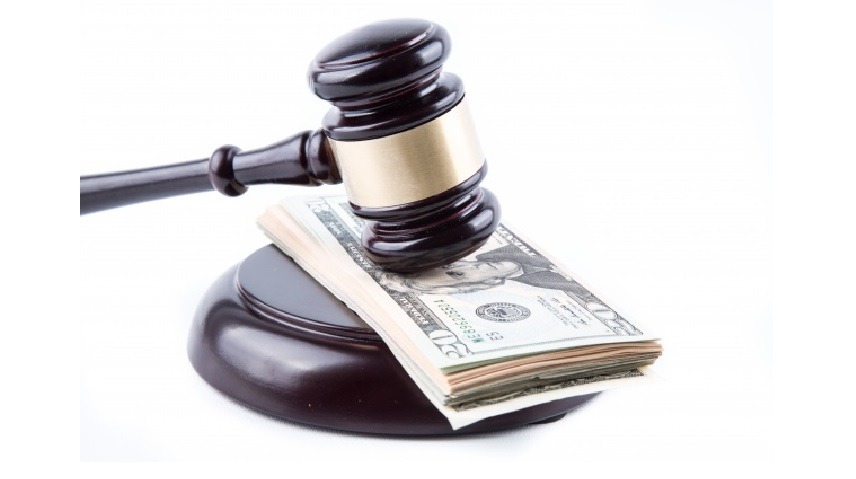WASHINGTON — The Federal Trade Commission and 17 state attorneys general sued Amazon.com Inc. on Sept. 26 alleging that the online retail and technology company is a monopolist that uses a set of interlocking anticompetitive and unfair strategies to illegally maintain its monopoly power.
The FTC and its state partners say Amazon’s actions allow it to stop rivals and sellers from lowering prices, degrade quality for shoppers, overcharge sellers, stifle innovation and prevent rivals from fairly competing against Amazon.
The FTC, along with its state partners, are seeking a permanent injunction in federal court that would prohibit Amazon from engaging in what the complaint calls unlawful conduct. Connecticut, Delaware, Maine, Maryland, Massachusetts, Michigan, Minnesota, New Jersey, New Hampshire, New Mexico, Nevada, New York, Oklahoma, Oregon, Pennsylvania, Rhode Island and Wisconsin joined the Commission’s lawsuit.
The Commission vote to authorize staff to file for a permanent injunction and other equitable relief in the U.S. District Court for the Western District of Washington was 3-0.
The complaint alleges that Amazon violates the law not because it is big, but because it engages in a course of exclusionary conduct that prevents current competitors from growing and new competitors from emerging.
“Our complaint lays out how Amazon has used a set of punitive and coercive tactics to unlawfully maintain its monopolies,” said FTC Chair Lina M. Khan. “The complaint sets forth detailed allegations noting how Amazon is now exploiting its monopoly power to enrich itself while raising prices and degrading service for the tens of millions of American families who shop on its platform and the hundreds of thousands of businesses that rely on Amazon to reach them.
“Today’s lawsuit seeks to hold Amazon to account for these monopolistic practices and restore the lost promise of free and fair competition.”
“We’re bringing this case because Amazon’s illegal conduct has stifled competition across a huge swath of the online economy. Amazon is a monopolist that uses its power to hike prices on American shoppers and charge sky-high fees on hundreds of thousands of online sellers,” said John Newman, deputy director of the FTC’s Bureau of Competition. “Seldom in the history of U.S. antitrust law has one case had the potential to do so much good for so many people.”
The FTC and states allege Amazon’s anticompetitive conduct occurs in two markets: the online superstore market that serves shoppers and the market for online marketplace services purchased by sellers. These tactics include:
- Anti-discounting measures that punish sellers and deter other online retailers from offering prices lower than Amazon, keeping prices higher for products across the Internet. For example, if Amazon discovers that a seller is offering lower-priced goods elsewhere, Amazon can bury discounting sellers so far down in Amazon’s search results that they become effectively invisible.
- Conditioning sellers’ ability to obtain “Prime” eligibility for their products—a virtual necessity for doing business on Amazon—on sellers using Amazon’s costly fulfillment service, which has made it substantially more expensive for sellers on Amazon to also offer their products on other platforms. This unlawful coercion has in turn limited competitors’ ability to effectively compete against Amazon.
The FTC and states allege Amazon’s illegal, exclusionary conduct makes it impossible for competitors to gain a foothold. With its amassed power across both the online superstore market and online marketplace services market, Amazon extracts enormous monopoly rents from everyone within its reach. This includes:
- Degrading the customer experience by replacing relevant, organic search results with paid advertisements, and deliberately increasing junk ads that worsen search quality and frustrate both shoppers seeking products and sellers who are promised a return on their advertising purchase.
- Biasing Amazon’s search results to preference Amazon’s own products over ones that Amazon knows are of better quality.
- Charging costly fees on the hundreds of thousands of sellers that currently have no choice but to rely on Amazon to stay in business. These fees range from a monthly fee sellers must pay for each item sold, to advertising fees that have become virtually necessary for sellers to do business. Combined, all of these fees force many sellers to pay close to 50% of their total revenues to Amazon. These fees harm not only sellers but also shoppers, who pay increased prices for thousands of products sold on or off Amazon.
CNN Business reported that Amazon rejects the FTC’s assertions. “Today’s suit makes clear the FTC’s focus has radically departed from its mission of protecting consumers and competition,” David Zapolsky, Amazon senior vice president of global public policy and general counsel, told CNN. He added that Amazon’s practices have helped competition, innovation and selection across the retail industry, and argued that Amazon has fostered lower prices, faster delivery and helped small businesses sell their goods.
Furniture Today has contacted Amazon for comment and will update as more information is available.
